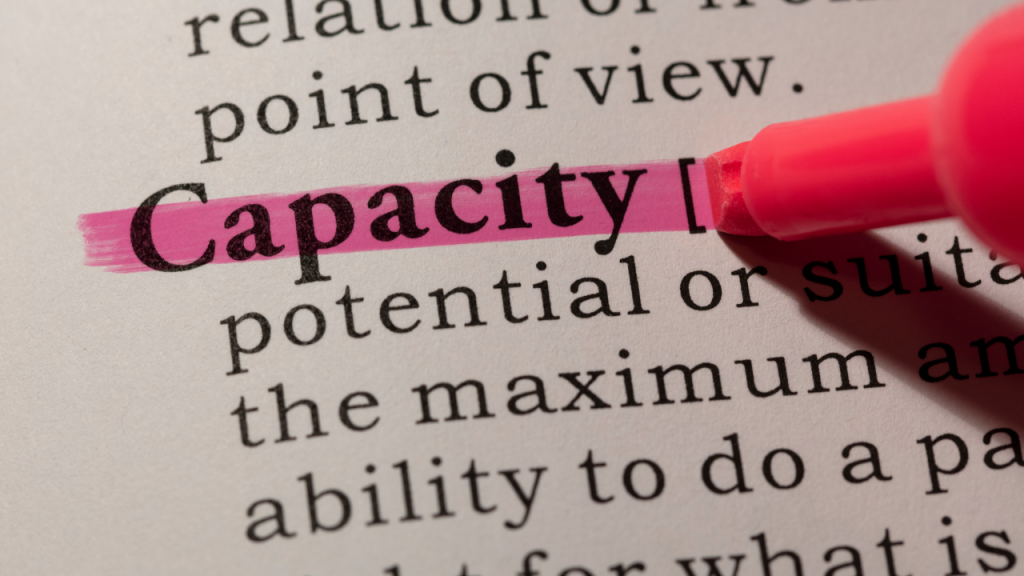
When undertaking medico-legal work, one of the areas that I frequently consider is litigation capacity i.e. an individual’s ability to understand, engage in or follow litigation proceedings.
The general approach of the common law, confirmed in the Mental Capacity Act 2005, is that capacity is to be judged in relation to the decision or activity in question and not globally. Hence it was concluded in Masterman-Lister that capacity for this purpose meant capacity to conduct the proceedings (which might be different from capacity to administer a large award resulting from the proceedings).
Conducting proceedings is not usually a specific one-off act so in cases where an individual’s mental state fluctuates, the issue of fluctuating capacity is something that needs to be given due consideration. Conducting proceedings requires an individual to maintain capacity on an ongoing basis and take decisions sometimes at short notice. During such a period, the individual would need to be able to give instructions, read relevant paperwork and weigh up alternative courses of action.
The Mental Capacity Act Code of Practice addresses the issue of fluctuating capacity. It recognises that some people have fluctuating capacity as a result of “a problem or condition that gets worse occasionally and affects their ability to make decisions” (the examples given are “manic depression”, a psychotic illness and certain temporary factors). The Code of Practice indicates that a person with fluctuating capacity may be supported to make the decision (paragraph 4.26) and it may be possible to put off the decision until the person has the capacity to make it (paragraph 4.26).
I recently assessed a patient who suffered from emotionally unstable personality disorder who when in a “good place” might well be regarded as having capacity. However, the patient’s mental state tended to fluctuate considerably and in the midst of a crisis, they exhibited symptoms that impaired their ability to understand, retain and use information. During these periods, it was unlikely that they would be able to give instructions, read relevant paperwork or weigh up alternative courses of action. Reviewing the patient’s voluminous medical records was a very important component of the assessment as there was helpful documentation about their mental state during times of crises and the frequency and intensity of crises.
The case of A, B and C v. X and Z (2012) EWHC2400 is of importance to the approach taken to the question of capacity in such a case. When considering capacity in this way, it is important to consider capacity to conduct litigation on a longitudinal basis rather than on a snapshot basis. For those who want to know more about this, I would recommend this excellent article on the Mental Capacity Law and Policy blog by Alex Ruck Keene of 39 Essex Chambers.
Dr Imran Waheed
Consultant Psychiatrist
